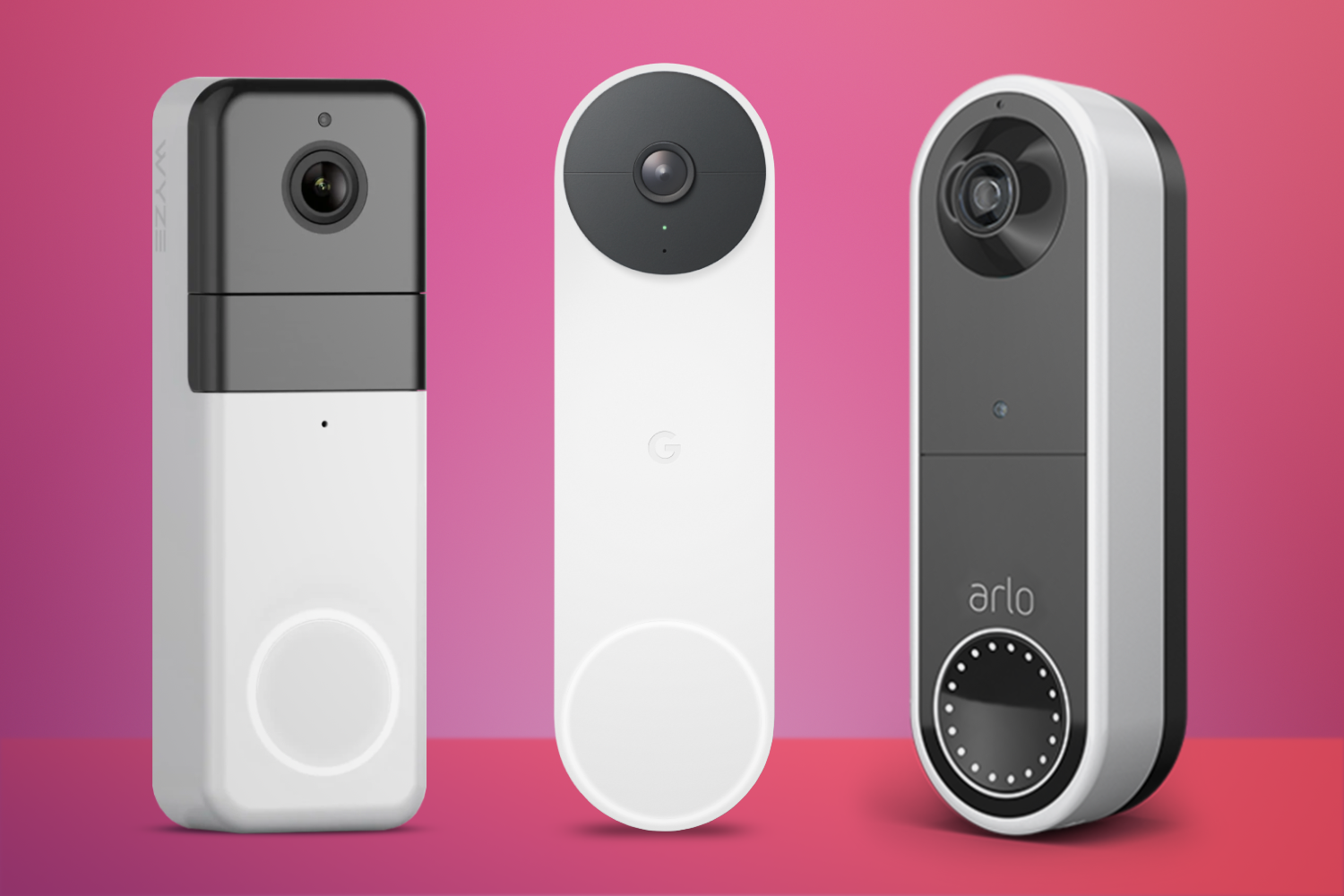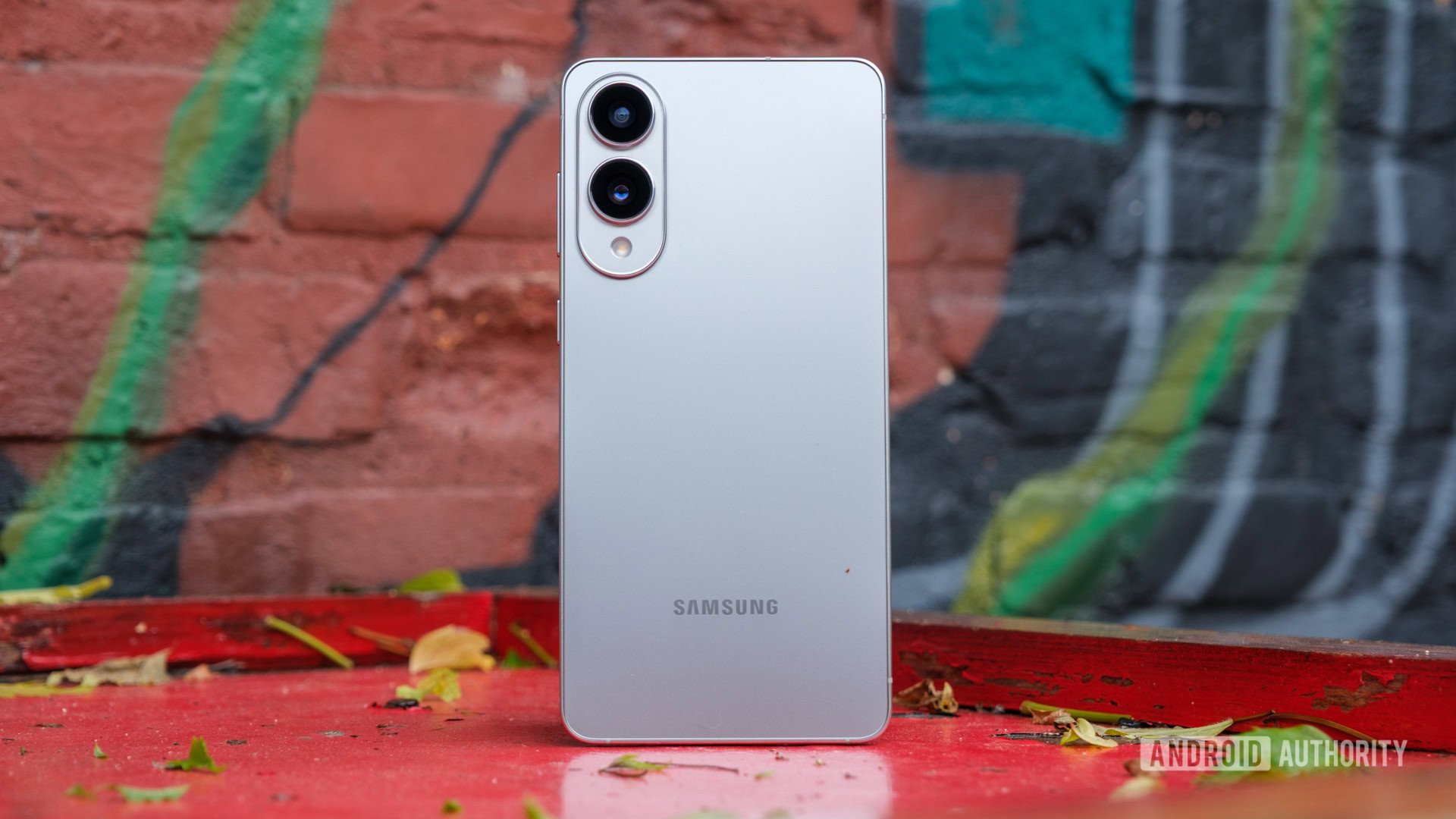In the early 2010s, everybody was talking about Big Data, Hadoop clusters, data lakes… the hope being that we could get tremendous insights by collecting and processing massive amounts of data. Even then, however, there was a fundamental problem. We could store and process vast quantities of digital data, no sweat, but actual-world data – the sort that actually did represent what was happening outside our computer screens – was still in short supply. And even when we could get it, how could we trust it? Even back in the pre-AI era, not knowing where your data came from was already a real hassle. Now, with AI systems making increasingly important decisions, that headache is now a migraine. That is where Decentralized Physical Infrastructure Networks – DePINs – come in.
DePINs essentially use blockchain to incentivize individuals to build and upkeep physical-world infrastructure. Not large corporations. Regular, normal people. It’s like BitTorrent, but instead of sharing files, people are sharing information from the physical world – and getting paid for it. But with BitTorrent, where you’re just praying that the file you download actually is what it says it is, DePINs provide a proof of where the data is coming from and that it hasn’t been tampered with.
Reliable Data for AI
The machine-learning universe is booming, and it’s all fueled by data. Large datasets are used to train these beautifully complex AI models, specifically the big ones – Large Language Models (LLMs) and the like. Digital data? We’ve got buckets of that. But high-quality, real-world data? That’s a different story. It’s in short supply. It’s expensive. And, more often than not, you have no idea where it came from or if you can even trust it.
And that’s a huge problem. Because if the data itself is skewed, or manipulated, or just plain wrong, then the AI built upon it will be too. Garbage in, garbage out, as they say. How do we ensure the data used to power these systems is reliable & trustworthy?
This is where Decentralized Physical Infrastructure Networks, or DePINs, start to sound very interesting. These networks by design, interact with the world around us – sensor networks, hardware.
DePINs have the advantage of capturing valuable real-world information that is typically difficult to reliably obtain. DePINs are different from BitTorrent networks where you rely on hope that your file is intact and trust strangers because it has a verification and reward system inside.
Let me illustrate this with a few examples.
Smart Agriculture – Farming with Data, Not Just Intuition
For many centuries now, farmers have depended on experience, intuition as well as luck. But what if there was a way in which we could offer them some additional data-driven help?
This is DePIN-driven farming. A multitude of little sensors strewn all over. They monitor the moisture in the soil, check the temperature; do some work even before any person can know it properly. And all that goes through the DePIN safely, and can be traced.
It’s possible due to blockchain technology. Every measure receives a unique digital fingerprint – the so-called “cryptographic hash.” This is one-way code – simple enough to create a fingerprint out of data but impossible to reverse operation. The fingerprint and time stamp are recorded on the permanent ledger – forever available for scrutiny and analysis. Change some records? You’ll see it immediately. And it’s completely different from downloading any files off various random torrent trackers and then making those customary prayers above BitTorrent.
Then, machine learning algorithms sort through this information, calculating just what each part of the field needs. Just-the-right-amounts-of-fertilizer. Only water when and where the soil is parched. It’s like every plant has its own nutritionist who waters them and connects with their crops, which they weren’t earlier.
And what about privacy? Zero-Knowledge Proofs (ZKPs). These enable the DePIN to prove something about the data without revealing the data itself. Most probably, one would expect a farmer to prove that their harvests are organic. It doesn’t need handing over the complete details from their sensors like – with ZKPs they can easily do so, but say “Yes I did follow all rules” without giving out everything in exchange for nothing.
It’s not just a matter of sharing information; it’s a matter of sharing quality, good information, and getting paid for it.
Let’s take another example and talk about transportation.
Bridges That Talk
We cross bridges and railways daily. Most of us, without second thoughts. Until something goes wrong. Costly inspections. Occasional checks. Signs of disaster looming? Often ignored.
DePINs to the rescue. Sensors embedded in the structures. A living network. Strain gauges, accelerometers, acoustic sensors – whispering secrets of stress and strain. Secure data flowing. Verifiably.
AI software, designed from engineering data, analyzes the flow. Patterns. Anomalies. A warning long before disaster strikes. Preemptive maintenance. with fewer disruptions to it. Benefits to the individuals who install and maintain the sensors include Safer infrastructure, Lower costs, and, ultimately, Peace of mind. And, most significantly, unlike a file you might have downloaded from some unknown website, you know that this data is coming from a specific sensor, in a specific location, at a specific time – and that it hasn’t been altered.
Let’s talk about Cricket, y’know, the one that is played in the Indian Subcontinent and enjoyed by Billions of individuals –
The Game Adheres to the Real World
Think about a game of Cricket. Strategy, technique, and. the weather. The pitch. The ball. Traditionally, video games control these as fixed. But what if the game reacts to the real world in the same manner in which it reacts today?
Imagine a DePIN-powered cricket video game. Environment-based DePINs, such as weather stations, provide the game with real-time data. Suddenly a Mumbai shower? The virtual pitch gets a slippery dressing, favoring swing bowlers. The AI changes its approach.
And it goes further still. A dedicated DePIN might track the real aging of cricket balls during pro games. Sensors, image processing – tracking how the seam deteriorates, the shine runs off, and the shape changes. This data is fed into the game; the virtual ball behaves exactly like the real ball. Old ball? More spin, more errant bounce.
Humidity, dew point – all consumed by a local environmental DePIN – can have an impact on the game. The AI makes adjustments. iI’s a question of realistic play based upon verifiable, real-world information.
These are just a few. Breed all these streams of data – agriculture, infrastructure, sports, and hundreds of others – together into an adaptable, real-time virtual model of the world re-running simulations which AI could tap to understand, predict, and interact with our world. DePINs, with their measurable real-world inputs, are the key. From adaptive video games (like our example of Cricket) to adaptive entertainment, think of a Sherlock Holmes series on Netflix subtly adapting according to proven real-world trends. In fact, This is no fantasy. Already, there are projects that have started with a bang like Ocean Protocol, Hivemapper & Filecoin Saturn.
Conclusion
We started with a problem: trust.
How do we trust the data that drives our increasingly AI-dependent world? The trick, it seems, is to marry the real and unreal world in ways that were never before possible. Decentralized Physical Infrastructure Networks – DePINs – are making that possible. Imagine a world in which a Sherlock Holmes Netflix series isn’t merely something you watch but something that quietly responds to your environment. The secrets change, the clues change, and even the weather outside changes in the way that is happening outside your window – all thanks to verifiable, real-time data from a DePIN. It’s not just games; it’s about how we interact with technology. It’s about building AI that isn’t just smart but grounded. And it can happen now.










